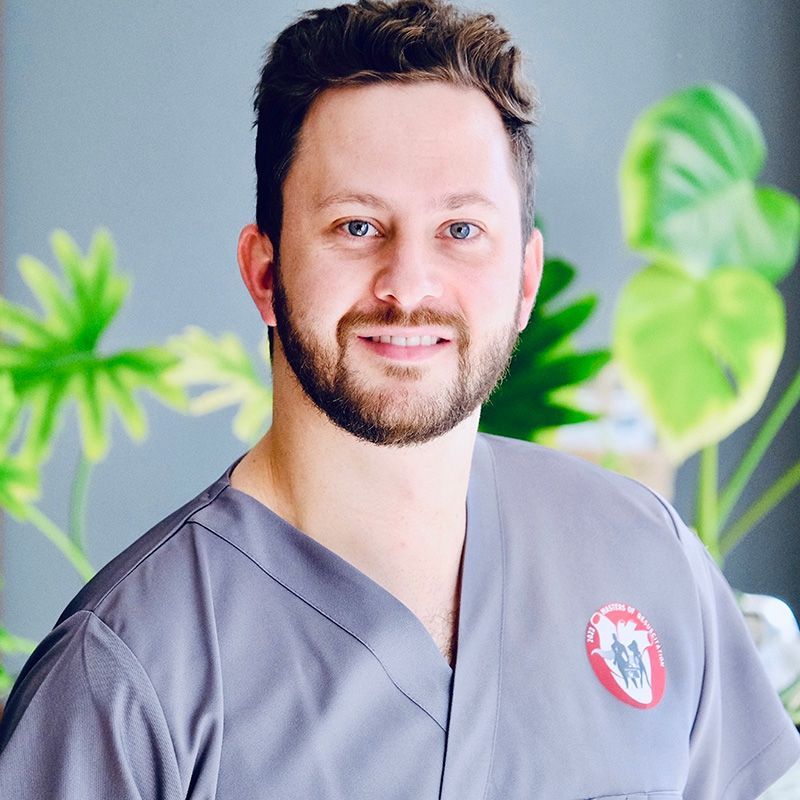Health and safety tips for a stress free holiday season
A safe holiday starts with awareness, says emergency doctor
As the holiday season kicks off, it’s all too easy to get caught up in the festive spirit and overlook potential medical emergencies. Dr Neville Vlok, a specialist emergency medicine physician practising in the emergency department at Netcare Unitas Hospital, highlights four health issues that could disrupt even the most carefully planned holiday celebrations.
1. Allergic reactions and insect stings
Outdoor activities such as picnics and hikes can increase exposure to allergens and insect stings. While most bites and stings cause only minor irritation, Dr Vlok warns that severe allergic reactions, known as anaphylaxis, can be life-threatening.
“Over-the-counter antihistamines can help with mild reactions, but immediate medical attention is needed for symptoms like swelling of the lips and tongue, a skin rash or difficulty breathing,” he advises.
Bee sting first aid: Use a card or fingernail to gently scrape out the sting, avoiding squeezing it. If you're allergic, carry an adrenaline injection and always wear a medical bracelet. Allergies can develop at any time, so remain vigilant for symptoms like difficulty breathing, abdominal pain, or severe headaches.

Dr Neville Vlok, a specialist emergency medicine physician
2. Prioritise water safety
With families flocking to beaches and spending time around swimming pools, drowning is a significant concern at this time of year. Dr Vlok emphasises vigilance around water and recommends learning cardiopulmonary resuscitation (CPR) to be prepared in case of emergencies. "Saving local emergency numbers on your phone can be a lifesaver," he suggests.
Water safety tips: Never swim alone or at night. Avoid swimming under the influence of alcohol, and always supervise children around water. Ensure pools are secured with a net or fence, and only swim in designated beach areas with lifeguards. Always check water depth before diving.
Even if you have never done CPR before, Netcare 911’s national emergency operations centre [EOC] is putting life-saving skills into the hands of the public with an innovative telehealth video call technology application. When a caller reports an emergency requiring CPR to Netcare 911’s EOC on 082 911, the coordinator immediately initiates the video calling process by sending the caller a link via SMS to a live, secure video platform. The caller clicks on the link to connect with the Netcare 911 emergency care providers, enabling them to see and hear each other to better guide the caller in performing CPR until help arrives.
3. Guard against heat exhaustion and dehydration
High temperatures can lead to heat exhaustion and dehydration, especially when spending long hours outdoors. Symptoms like dizziness and fatigue should not be ignored. “Stay hydrated, wear light clothing, and use sunscreen to prevent sunburn. Avoid excessive alcohol, as it can worsen dehydration,” advises Dr Vlok.
Beat the heat: Avoid strenuous activities in hot conditions and seek shade during peak sun hours. Drink fluids regularly but avoid over-hydration. Wear sunglasses and a wide brimmed hat, and protect your skin with a broad-spectrum sunscreen, which protects against both UVA and UVB rays. Use sunscreen with at least SPF 15; a higher SPF, like 30 or 50, is recommended for extended outdoor activity.
4. Prevent food poisoning
Holiday feasts are a highlight of the season, but improper food handling can lead to food poisoning. Dr Vlok stresses the importance of food hygiene. “Keep perishables refrigerated and cook meat thoroughly. Keep hydrated if you experience symptoms like nausea or diarrhoea.”
Food safety guidelines: Be cautious with high-risk foods like shellfish and undercooked meats. Only eat fruits you can peel yourself, and ensure dishes are served hot. Pay extra attention to food handling while travelling.
Be prepared for emergencies
Dr Vlok emphasises the importance of being ready to handle minor injuries or medical issues before professional help arrives. A well-stocked first-aid kit should include bandages, antiseptic wipes, pain relievers and a thermometer. Familiarise yourself with nearby medical facilities and have a family emergency alert system in place.
Dr Vlok recommends including these essential items in your first-aid kit for home and travel.
- Emergency thermal blanket: Essential for preventing hypothermia in case of exposure or shock after an accident.
- Bandages and sterile dressings: For covering wounds and controlling bleeding.
- Antiseptic wipes or solutions: To clean cuts and reduce the risk of infection.
- Adhesive tape and scissors: For securing dressings and handling minor repairs.
- Pain relievers: Over-the-counter medications like ibuprofen or paracetamol.
- Burn gel and ice packs: For treating burns, sprains, or swelling.
- Tweezers and gloves: For hygienic removal of splinters or debris.
- Oral rehydration salts: To combat dehydration from heat or illness.
- Thermometer: To monitor fevers and temperature during illness.
“Emergencies are unpredictable, but preparation can save lives. Stay calm, assess the situation, and act swiftly. The emergency department at Netcare Unitas Hospital wishes everyone a safe and enjoyable holiday season, and we will be open throughout for our community’s peace of mind,” Dr Vlok concludes.













